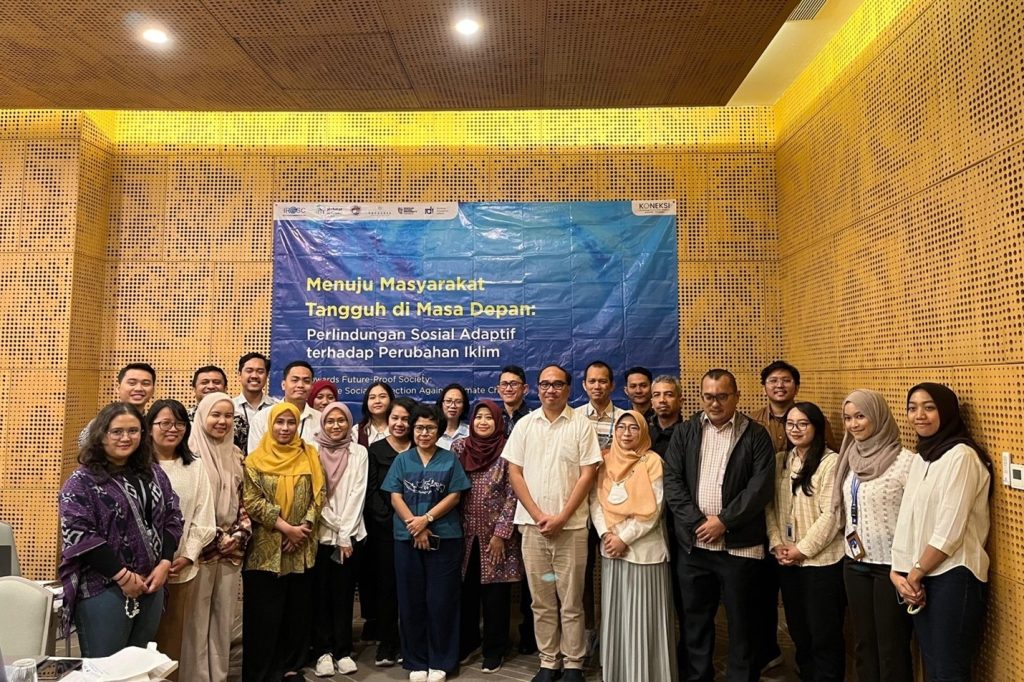On April 1, 2019, Perkumpulan Prakarsa was invited for a meeting by Susi Pudjiastuti, Minister of Maritime Affairs and Fisheries of the Republic of Indonesia. The meeting took place at Minister’s official residence to discuss about the results of a research conducted by Prakarsa on “Illicit Financial Flows on 6 Commodities: Coal, Palm Oil, Copper, Coffee, Rubber, and Crustacea” that has been launched on March 28, 2019. Intensive discussion regarding the result of the research among national mass media has raised Minister’s attention hence she is eager to have deeper conversation about the research.
Furthermore, Minister Susi showed her appreciation for the research, stating that studies based on data are crucial and can be imperative inputs for the government for policies formulation and implementation.
“We have issues as we never appreciated data as an evidence based,” said Minister Susi.
Despite the discussion be held in informal way, Minister Susi suggest that Prakarsa have to develop stronger research dissemination strategy to gain more attention from public and create bigger public pressure that eventually will influence policy making process.
During the meeting, Minister Susi also mentioned potential collaboration work between Prakarsa and the Minister of Maritime Affairs and Fisheries to conduct further study on illicit financial flows for other marine-fisheries commodities of fish and pearl. Minister Susi assessed that the potential of illicit financial flows in these two commodities is very high, just like other 6 commodities in Prakarsa’s research
Executive Director of Prakarsa, Ah Maftuchan, expressed Prakarsa’s commitment to strengthen evidence-based policy advocacy in Indonesia. Maftuchan also emphasized the importance of multi-stakeholder collaboration in tackling the illicit financial flows in fisheries-marine commodities so avoid potential revenue loss from the marine-fisheries sector.
Prakarsa perceive Minister’s attention and invitation for discussion and collaboration as an important breakthrough indicating that the government has willingness to cooperate directly with think-tanks and civil society organizations in order to generate further innovative policies.



